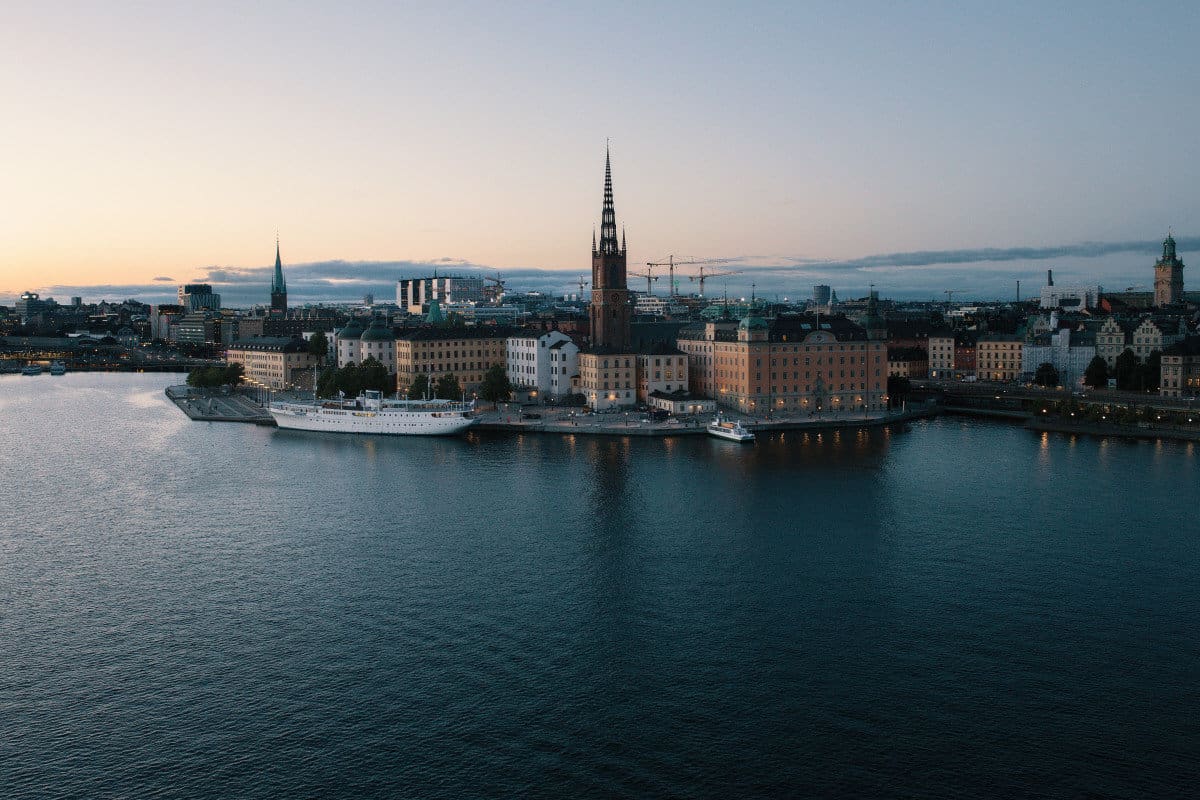Sweden’s Equality Commission suggests limited gambling window, warns against excessive regulation

A new report by Jämlikhetskommissionen, the Equality Commission in Sweden, has suggested that online gambling in the country should be limited to certain hours.
These recommendations were part of a report looking into ways that “equality in the long-term” and “opportunities for social mobility” could be increased in the country.
The commission has suggested that approaches to gambling should be similar to Sweden’s alcohol regulations, which allow drinks above a certain percentage only to be served in limited windows.
But despite its suggestions, Jämlikhetskommissionen has also warned that excessive regulation could be problematic for channelisation rates.
Dealing with problem gambling in Sweden
Around 2% of Sweden’s population of just under 10.1 million people suffers from gambling addiction. Meanwhile, 0.4% of individuals are deemed as having a “severe addiction”.
Though Jämlikhetskommissionen said there was “no simple connection” when it came to problem gambling and income, it believes that those at the lower end of the income scale are more vulnerable. This is in spite of them not spending as much as those who earn more money.
Another talking point in the report was how recent legislation – for example, the Healthcare Act and Social Services Act – put much of the responsibility on gambling-related treatment on local governments. However, Jämlikhetskommissionen says that local municipalities have the same resources they did in 2017 – despite the country’s regulated gambling market opening up at the beginning of last year.
To help with this, the commission suggested the following.
“In order to give municipalities and regions the opportunity to take full responsibility for preventive work and care in the area, and to reduce the risk that other socially important activities will thus be crowded out, a targeted contribution should be introduced.”
Similar approaches to alcohol and tobacco suggested
While alcohol can be purchased in Sweden outside of bars, there are different regulations compared to countries like the UK. Individuals must go to Systembolaget, which is the country’s alcohol monopoly, to buy anything over 3.5% (supermarkets and convenience stores can sell beverages, but they cannot exceed this percentage). This is only open at certain hours each day.
Gambling regulation in Sweden has been a talking point for much of this year, with various sources reporting a decline in channelisation rates. Despite Jämlikhetskommissionen’s recommendations, it warned against over-regulating the market because doing this risks empowering unregulated operators further.
The commission drew parallels with alcohol regulation in Sweden and how gambling should be approached.
It said:
“In the same way as with alcohol policy, the policy needs to focus on preventing abuse through balanced efforts rather than limiting all gambling. Excessive restrictions or high taxes can lead to an increased share of unregulated gambling.”
Across many parts of the world, we have seen advertising warning of smoking’s harmful effects added to tobacco. The commission recommends doing something similar with gambling advertising.
Some of the messages it proposed include “gambling addiction increases the risk of suicide” and “most people who gamble lose money”.
The commission continued with the following.
“Those who respond most to advertising have a high level of impulse-driven consumption, both in gambling and elsewhere.
“This risks leading to overconsumption, problem gambling, gambling abuse or displacement of necessary spending.”






